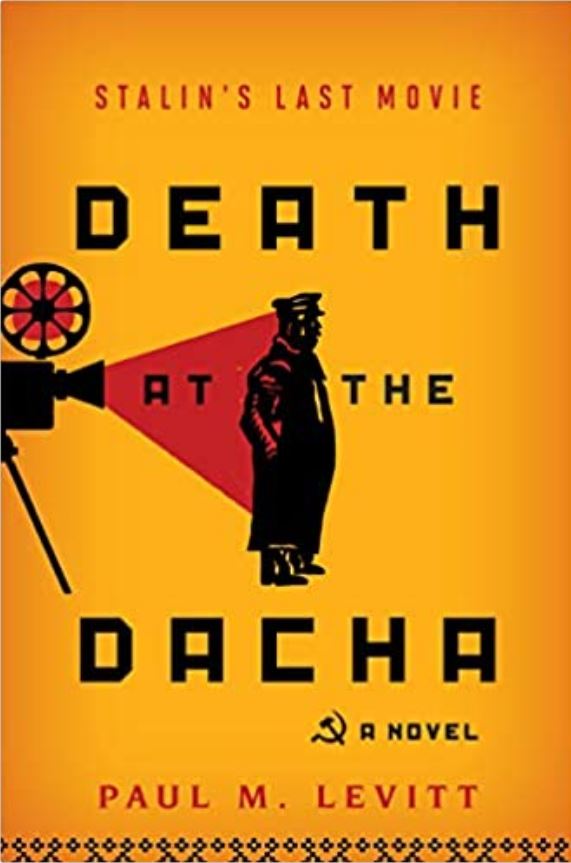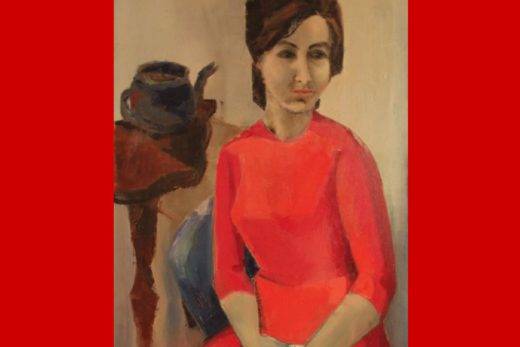
As Stalin lies dying, this novel records his last thoughts, which he renders as a movie about the people he believes envenomed his life, namely, Lenin and certain women. (A film devotee, Stalin so loved movies that some scholars have even suggested that he governed the Soviet empire by cinematocracy, rule by cinema.) He has suffered a stroke but will linger for three days before dying. As in a film, he revisits scenes and old arguments with Lenin, and then endures a trial over his charge that women have poisoned his life. At the conclusion of the trial, Stalin’s mind screen returns to V.I. Lenin. What follows then is Stalin’s concluding mockery and denunciation of Lenin; Lenin’s final assessment of Stalin; and the end of the novel: Stalin’s dying words.
Reviews
In Paul A. Levitt’s Death at the Dacha, his novel is more a screenplay than a simple narrative. Each passage paralleling Stalin’s flash before his failing life becomes a remembered or imagined scene where he did not achieve his expectation or lost what he thought he had won. Retribution is also in scenes with his wives and mistresses, other family members or family of others who were part of the revolution he mistreated; also with members of the Politburo who whisper their true negative feelings when they think Stalin has already died. Thus, Stalin’s final hours and words are just another movie, a medium he loved most, which could be called, Stalin’s Failure, a fitting end to this murderous dictator’s life.
—Stanley H. Barkan, Poet-Publisher of Cross-Cultural Communications



